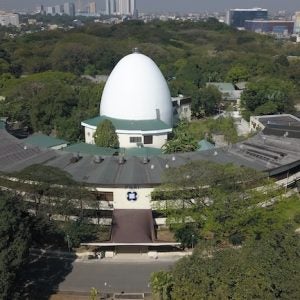The India-USA nuclear power technology transfer agreement has received a new lease of life after the Congress Party-led Indian minority government’s communist allies (on whom they rely for votes) relented partially during a crucial coordination committee meeting on November 17. This has allowed the United Progressive Alliance (UPA) government to start the negotiations with International Atomic Energy Agency (IAEA) on India-specific safeguards mentioned in the agreement.
However, the deal is not yet out of the woods: “Friday’s meeting between the UPA and its recalcitrant Left allies has only postponed the inevitable confrontation by a few weeks and not eliminated it,” wrote the Indian Express newspaper in an editorial.
Communist MPs and their leftist allies are stressing that they are still opposed to the so-called 123 Agreement with the USA (and the Hyde Act governing its ratification in the USA) as they stand and that the Indian government must secure communist approval before finalising the draft of a safeguard agreement with the IAEA.
The left parties allege that the agreement with the USA undermines India’s independent foreign policy. At the coordination committee meeting, they demanded assurances for India’s right to build strategic reserves to ensure lifetime supply of nuclear fuel, and the right to take corrective action in case there is termination of cooperation by other nations.
For the time being however, words have been overtaken by action. A technical group consisting of officials from India’s Directorate of Atomic Energy and Ministry of External Affairs is waiting for an appointment with IAEA to proceed for Vienna for the negotiations, which according to Indian newspapers should happen within the next few days.
Once the agreement is finalised, the IAEA-associated Nuclear Suppliers Group (NSG) is expected to discuss the change in its guidelines for allowing its members to freely sell nuclear fuel and technology to India. If the Vienna talks are completed in the next three weeks, the Times of India reported, the 45-member NSG meeting could be called as early as December. The schedule is tight and time is a crucial factor: March 2008 is said to be the outer limit for US Congress to endorse the deal under the Bush administration, according to India’s National Security Advisor M K Narayanan.
Related ArticlesNuStart refused DoE funding for second COL The American way First COL for Texas Leading America GEH submits ESBWR design certification application Now there are three COL consortia TVA mulls Bellefonte completion COL applications submitted for ESBWR and US-APWR NRC approves uprate for North Anna Bellefonte construction permits reinstated Grand Gulf, Bellefonte and River Bend chosen for COL applications The COL leagues






